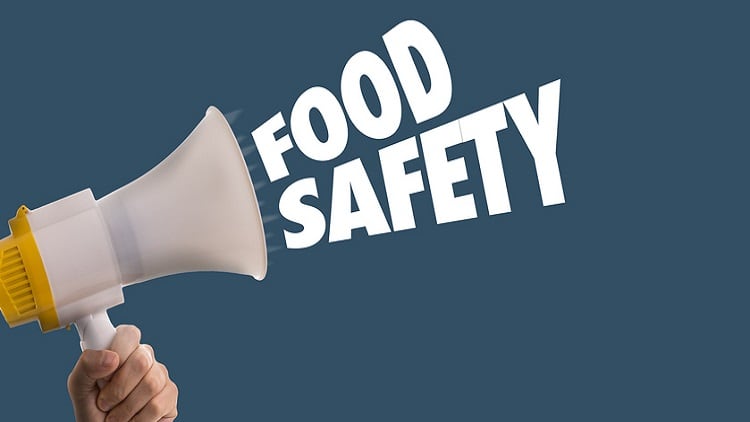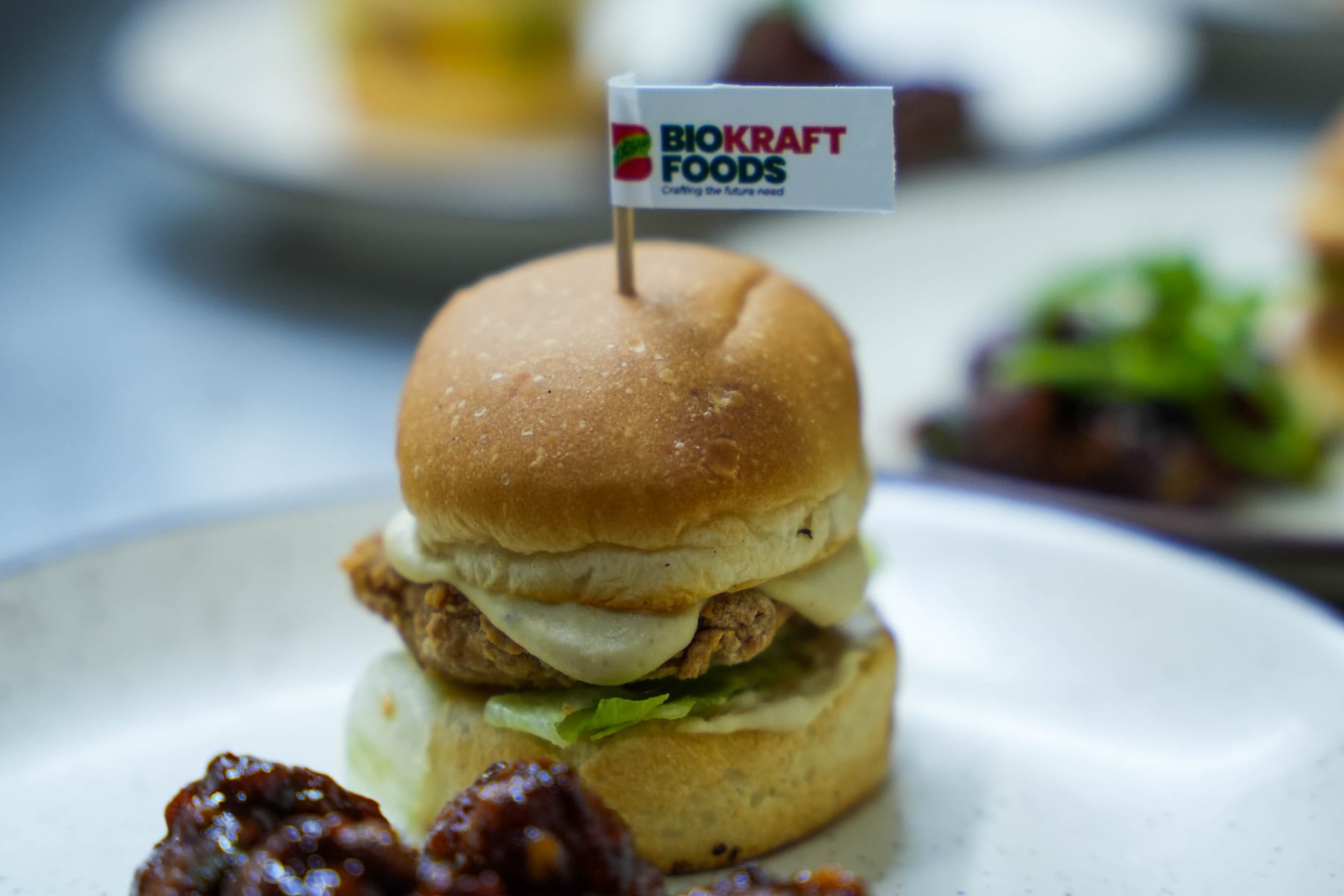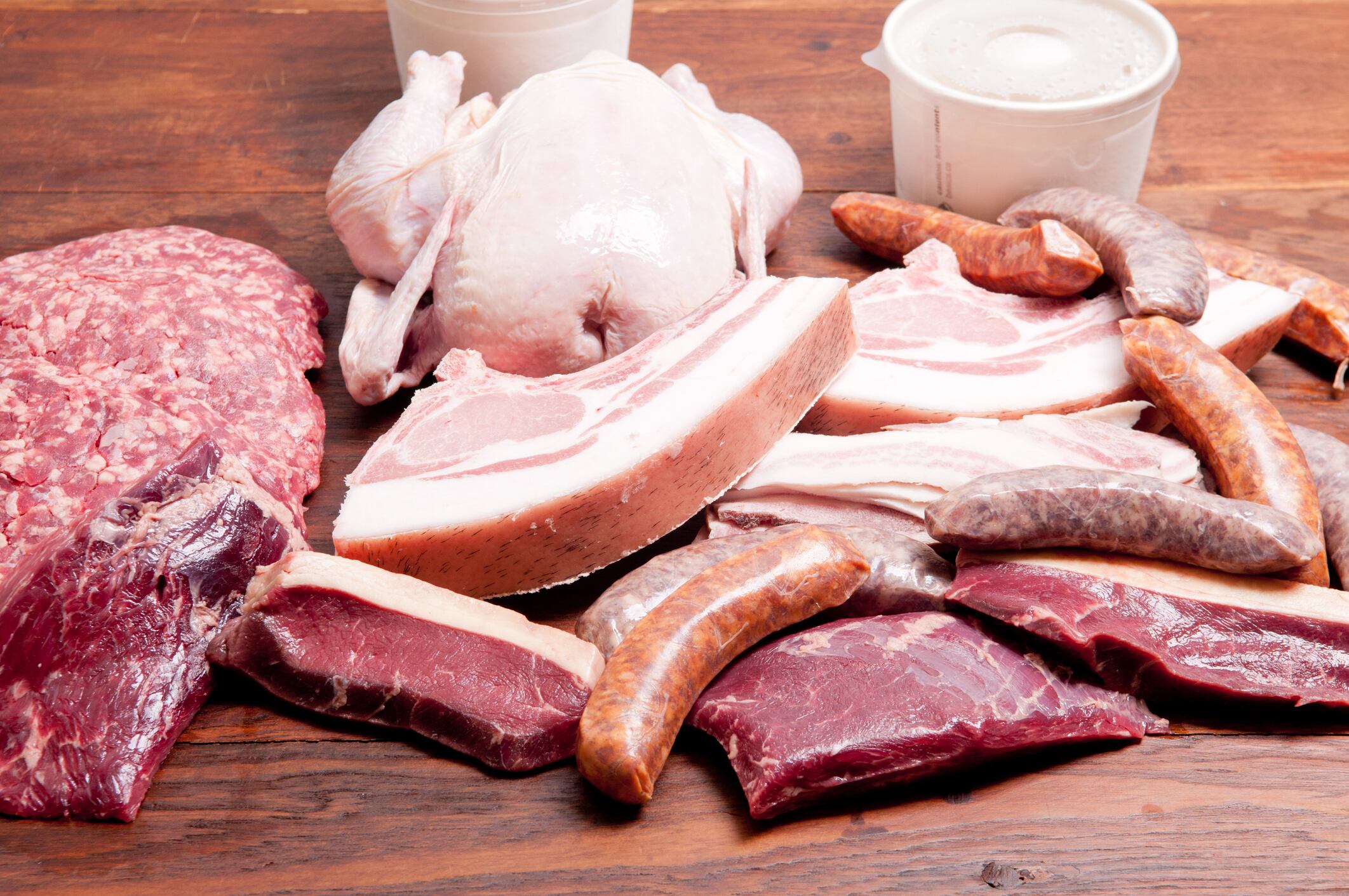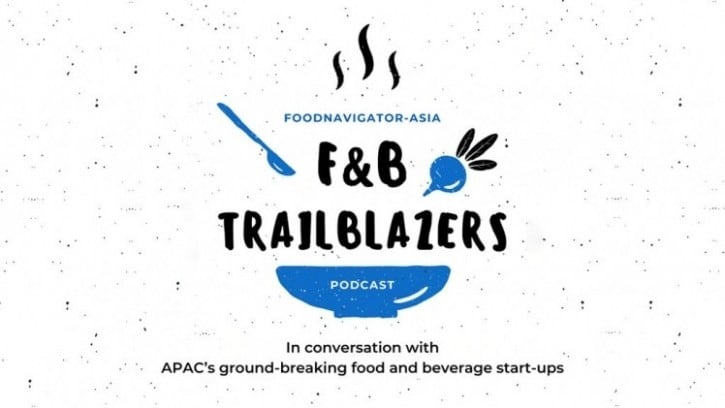South Korea tightens governance for processed foods, caffeine and sweetener labelling
The South Korean government has confirmed that food companies will be required to comply with new, stricter labelling regulations governing processed foods, caffeine warnings and sweetener content by latest 2028.
South Korea’s Ministry of Food and Drug Safety (MFDS) has formally published a revised version of its labelling and advertising regulations mandating a plethora of tougher guidelines for food firms to adhere to.
Amongst these is the addition of a mandatory high-caffeine label for all solid foods that contain guarana, given the popularity of these with younger consumers. Previous regulations only specified this mandate for liquid products.
“All products containing guarana in excess of 0.15mg will need to carry a high-caffeine warning label, whether these are in liquid or solid form,” MFDS said via a formal statement.
“The label must be attached to the main display surface of the product where the trademark or logo is also displayed so that it can be clearly and easily seen by consumers; and must contain the phrase ‘Contains high caffeine’ and ‘Total caffeine content OOOmg’ or ‘OOOmg caffeine content per serving’.
“There must also be a mandatory caution statement warning that the product is ‘Not recommended for children, pregnant women, or people sensitive to caffeine’.”
‘Don’t trust hoaxes’: Halal experts make the case for GM foods to improve Indonesia’s food supply
Halal experts in Indonesia have called for consumers and industry to be more accepting of genetically modified (GM) foods as a means to improve yield and quality, decrying ‘harmful’ hoaxes that have been circulating in the market.
GM foods have seen a fair bit of debate amongst the Muslim community in Indonesia in the past few years, with quite a few consumers convinced that these are unnatural or harmful products due to claims circulating on the internet.
“Many people in Indonesia do not understand GM products due to a lot of hoaxes and false information circulating on the internet,” Gadjah Madah University researcher Nanung Danar Dono told the floor at a halal forum focused on regulations for GM foods in Indonesia.
“Some of these rumours include GM foods being harmful, unsafe for consumption and also haram (not halal) so not consumable by Muslim consumers.
“This has escalated to a stage of obviously prejudiced claims such as consumption leading to serious illness, e.g. eating seedless fruits will cause infertility or that tempeh made from GM soybeans will cause cancer – all of which have no scientific evidence behind them.
“GM modifications do not generally use pig DNA so there is no cause for the claim that all GM foods are haram – and in fact, Indonesia’s top Islamic scholars body, the Indonesian Ulema Council (MUI) has already stated that GM foods can have modifications that make the foods more beneficial and sustainable, and as long as the origin gene and animal are halal there are no real issues.”
China’s latest food safety report reveals pesticide contamination, food additives as major concerns
China’s most recent government-led food safety report has revealed pesticide contamination, microbial contamination and excessive food additive content as the major concerns.
The report was compiled from spot checks and testing on over two million batches of local food products, and found that over 60,000 batches of these did not meet local food safety standards.
“Our analysis across the various samples and food categories has revealed the following concerns: Pesticide contamination in excess of allowed standards which made up 39.94%, microbial contamination which made up 16.32% and excessive usage of food additives beyond permitted quantities which made up 14.99%,” China’s State Administration for Market Regulation (SAMR) said via a formal statement.
“That said, within food categories that are consumed in large quantities and considered staples in China, the affected rates were relatively low.
“These five major categories included processed grains (0.67%), edible oils and fats (0.96%), meat products (0.87%), egg products (0.15%), and dairy products (0.13%).
“SAMR has already announced these findings to the public, and several measures have been taken including informing the relevant companies to remove and recall products within the failed batches, stricter control of food safety risks, and to dispose affected products in accordance with relevant regulations.”
Umami Bioworks aiming to tackle industry-wide challenges in cultivated seafood
Cultivated protein firm Umami Bioworks has expanded its capabilities and is aiming to tackle industry-wide challenges in the seafood sector, such as outdated breeding techniques and disease resilience.
The firm’s merger with Shiok Meats, completed in Q3 2024, combines Umami Bioworks’ expertise in fish alternatives with Shiok Meats’ cell-based crustacean technology. This has expanded Umami’s focus to include crustaceans, such as shrimp and prawn, a significant industry in Asia.
“The benefit of the work we’re doing with Shiok Meats is we can now also look at crustaceans,” said Mihir Pershad, CEO and founder of Umami Bioworks. “Shrimp farming is a massive business in this part of the world, so it’ll be useful for us to be able to work there as opposed to just with fish.”
While the cultivated crustacean R&D is still in its early stages, Pershad anticipates a clearer timeline to market by mid-2025. He acknowledged the long regulatory and manufacturing timelines associated with cultivated products but emphasised the importance of leveraging Umami’s expertise to address immediate industry challenges in the interim.
Ingredient revaluation: Green tea extract, lactic acid bacteria under spotlight in South Korea
Green tea extract, along with eight other ingredients used in health functional foods, are selected for safety and functionality re-evaluation by South Korea’s food and drug regulator.
The other ingredients are shark liver oil containing alkoxyglycerol, Actinidia or kiwi extract, pomegranate concentrate, Gynostemma pentaphyllum leaf alcohol extract powder, fruits and vegetables- derived lactic acid bacteria, specifically Lactobacillus plantarum CJLP133, lactulose powder, and rosehip powder.
Like green tea extract, shark liver oil containing alkylglycerol is already in the list of Ingredients notified in the Codes of Health Functional Foods in South Korea.
Manufacturers can use these notified ingredients without having to obtain approval from the regulator beforehand.
The other seven ingredients, on the other hand, are not in the notified list and were approved by the South Korean regulator after screening for their safety and functionality.
It is part of the standard procedure for the Ministry of Food and Drug Safety (MFDS) to re-evaluate the safety and functionality of health ingredients 10 years after giving them the green light.





